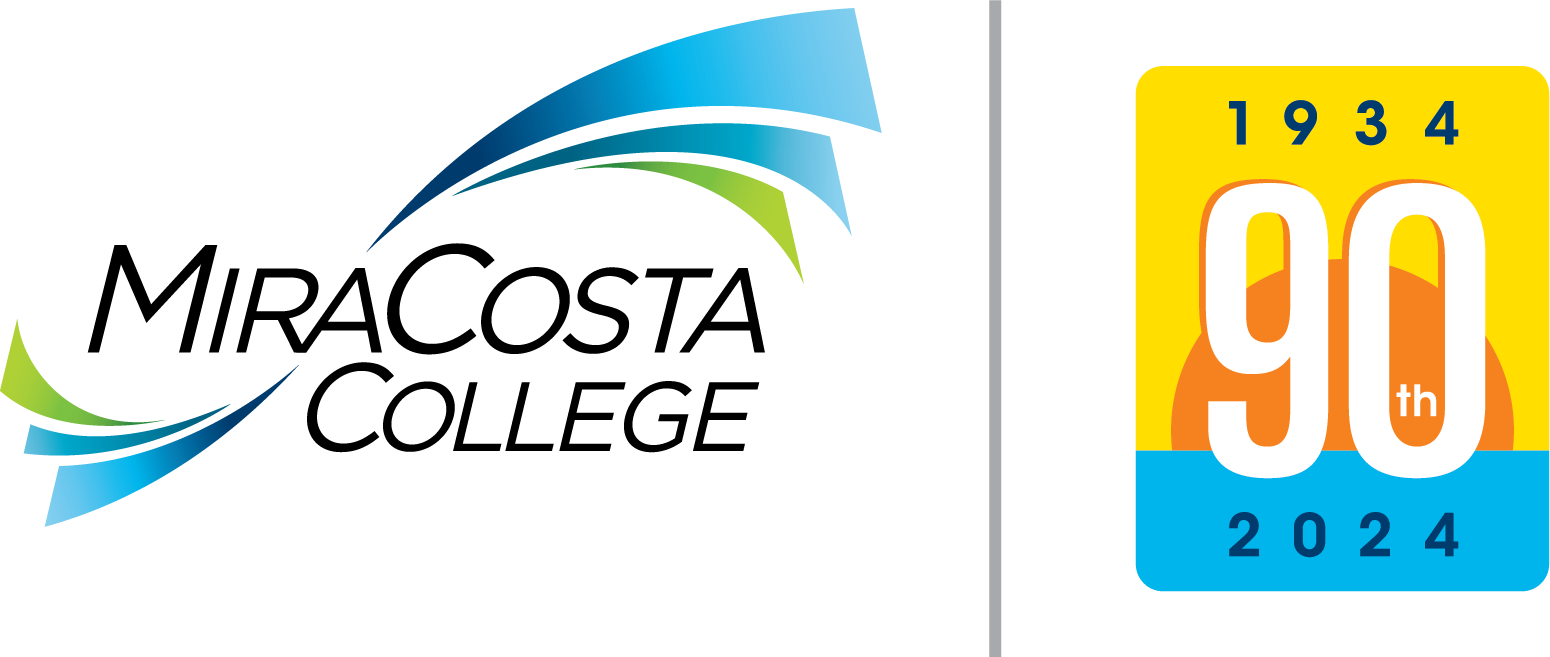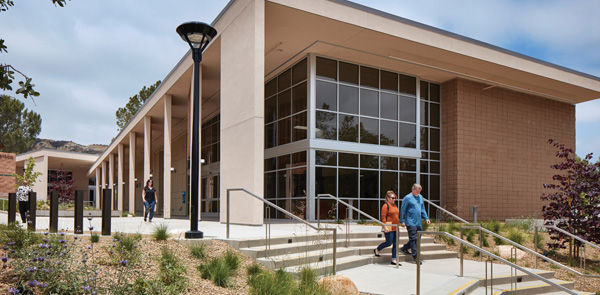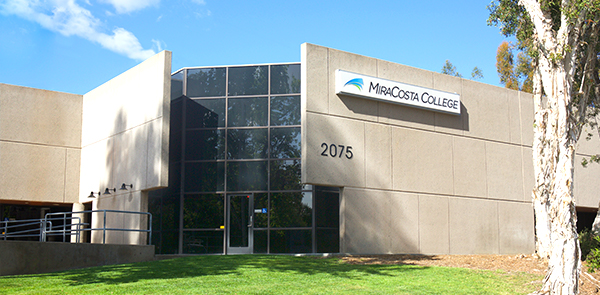Act
Refers to the Family Educational Rights and Privacy act of 1974, as Amended , enacted
as Section 438 of the General Education Provisions Act (20 U.S.C. 1232g)
Agent
A person or business formally authorized to act on another's behalf.
Attendance
Includes but is not limited to (a) attendance in person or by correspondence and (b)
the period during which a person is working under a work-study (cooperative) program.
Dates of Attendance
The period of time during which a student attends or attended an institution. Examples
of dates of attendance include an academic year and/or a semester. The term does not
include specific daily records or a student's attendance pattern at the institution.
Education Records
Those records directly related to a student and maintained by the institution or by
a party acting for the institution.
The term "education records" does not include the following:
- records of institutional, supervisory, administrative, and certain educational personnel which are in the sole possession of the maker and are not accessible or revealed to any other individual except a substitute who performs on a temporary basis (as defined in the institutional personnel policy) the duties of the individual who made the records.
- records maintained by a law enforcement unit of the education agency or institution that were created by that law enforcement unit for the purpose of law enforcement.
- records relating to individuals who are employed by the institution which are made and maintained in the normal course of business, relate exclusively to individuals in their capacity as employees, and are not available for use for any other purpose. (Records of individuals in attendance at an institution who are employed as a result of their status as students are education records, e.g. work-study.)
- records relating to a student (see the definition of "eligible student") which are (1) created or maintained by a physician, psychiatrist, psychologist, or other recognized professional or paraprofessional acting in his or her professional capacity or assisting in a paraprofessional capacity; (2) used solely in connection with the provision of treatment to the student; and (3) not disclosed to anyone other than individuals providing such treatment, so long as the records can be personally reviewed by a physician or other appropriate professional of the student's choice. (Appropriateness may be determined by the institution.) "Treatment" in this context does not include remedial educational activities or activities which are part of the program of instruction at the institution.
- records of an institution which contain only information relating to a person after that person is not longer a student at the institution (e.g., information gathered on the accomplishments of alumni).
"Eligible Student"
Means a student who has reached 18 years of age or is attending an institution of
post-secondary education.
Enrolled Student
The Family Policy Compliance Office has stated that each institution may determine
when a student is "in attendance" in accordance with its own enrollment procedures
(Federal Register, July 6, 2000, p.41856).
Family Policy Compliance Office
The office within the U.S. Department of Education that is responsible for enforcing/administering
the Family Educational Rights and Privacy Act of 1974, as Amended. This office has
responsibility for FERPA at all levels of education (K-12, post-secondary).
"Final Results" of a Disciplinary Proceeding
A decision or determination, made by an honor court or council, committee, commission,
or other entity authorized to resolve disciplinary matters within the institution.
The identify of final results must include only the name of the student, the violation
committed, and any sanction imposed by the institution against the student.
"In Attendance"
When is a student "in attendance"? See "enrolled student."
Institution of Postsecondary Education
An institution that provides education to students beyond the secondary school level.
"Secondary school level" means the educational level (not beyond grade 12) at which
secondary education is provided.
Law Enforcement Unit
Any individual or other component of an institution, including commissioned police
officers and noncommissioned security guards, officially authorized by the institution
to enforce any local, state, or federal law and to maintain the physical security
and safety of the institution. (Although the unit may perform other non-law enforcement
functions, it does not lose its status as a law enforcement unit.)
Legitimate Educational Interest
Although the Act does not define "legitimate educational interest", it states that
institutions must establish their own criteria, according to their own procedures
and requirements, for determining when their school officials have a legitimate educational
interest in a student's education records. At MiraCosta College, a school official
has a "legitimate educational interest" if the official needs to review an education
record in order to fulfill his or her professional responsibility.
Parent
Includes a natural parent, a guardian, or an individual acting as a parent in the
absence of a parent or a guardian.
Any information or data recorded in any way, including, but not limited to, handwriting,
print, audio or video tapes, film, microfilm, microfiche, or any other form of electronic
data storage.
Any information or data recorded in any way, including, but not limited to, handwriting,
print, audio or video tapes, film, microfilm, microfiche, or any other form of electronic
data storage.
School Officials
Those members of an institution who act in the student's educational interest within
the limitations of their "need to know." Although the Act does not define "school
officials," it states that institutions must establish their own criteria, according
to their own procedures and requirements, for determining them. At MiraCosta College,
a "school official" is any person employed by the university in an administrative,
supervisory, academic, research or support staff position (including law enforcement
unit, health staff, and student workers); a person of a company with whom MiraCosta
College has contracted (such as an attorney, auditor, researcher, software consultant,
a company which provides student helpdesk assistance, or collection agent); a person
serving on the Board of Trustees; a person assisting another school official in performing
his or her tasks.
Sole Possession Records
Records that are kept in the sole possession of the maker, are used only as a personal
memory aid, and are not accessible or revealed to any other person except a temporary
substitute for the maker of the record.
Student
Any individual who is or has been in attendance at an educational agency or institution
for whom the agency or institution maintains education records. The term does not
include an individual who has never attended the institution. An individual who is
or has been enrolled in one component unit of an institution and who applies for admission
to a second unit has no right to inspect the records accumulated by the second unit
until enrolled therein.
Student Right-to-Know Act of 1990
Referred to in this publication as SRTK, the act requires colleges and universities
to report graduation rates to current and prospective students.
Subpoena
A command from a court to require the person named in the subpoena to appear at a
stated time and place to provide testimony or evidence. There are two main types of
subpoenas: "duces tecum" (requires the production of documents, papers, or other tangibles)
and "ad testificandum" (requires person to testify in a particular court case).
U.S.C.
United States Code. A compilation of all federal legislation organized into 50 titles.
Revised every six years with supplementary volumes issued in intervening years. The
legislation related to FERPA is found in 20 U.S.C. 1232g.





